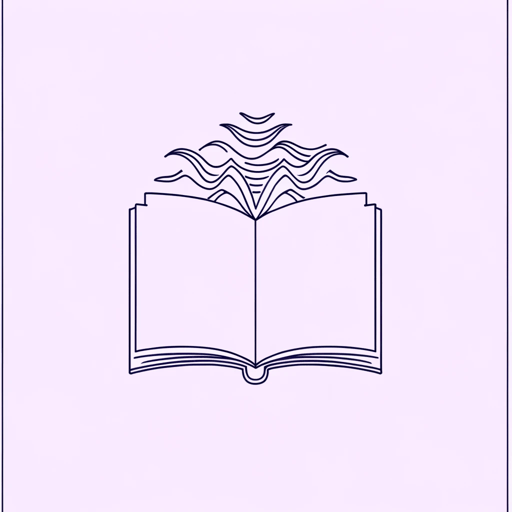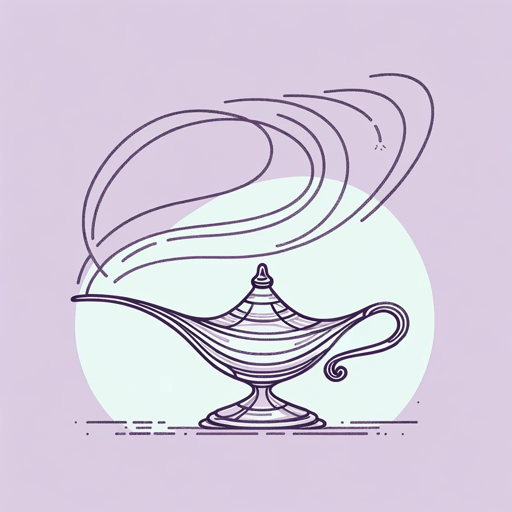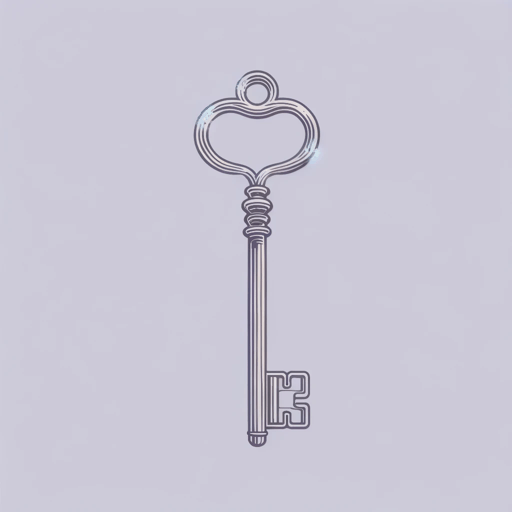23 pages • 46 minutes read
Salman RushdieGood Advice is Rarer than Rubies
Fiction | Short Story | Adult | Published in 1987A modern alternative to SparkNotes and CliffsNotes, SuperSummary offers high-quality Study Guides with detailed chapter summaries and analysis of major themes, characters, and more.
Themes
The (Western) Male Gaze and Constructions of Femininity
Both separately and together, Miss Rehana and the Tuesday women allow Rushdie to explore competing and often contradictory constructions of femininity—e.g., the notion that women are both vulnerable victims dependent on men’s protection, and manipulative seductresses capable of controlling men’s actions. However, the women do not embody these qualities in themselves (or, if they do, that is not clear from the story, which never grants readers access to their thoughts). Rather, the story depicts its male characters as projecting ideas about femininity onto women like Miss Rehana, only to discover how thoroughly they have misunderstood them. It also engages readers in a parallel process, highlighting how inadequate colonialist stereotypes of “Eastern” femininity are.
Miss Rehana is an enigma from the start, first appearing behind a cloud of dust. Besides physically obscuring her, the dust “veil[s] her beauty from the eyes of strangers,” much like a traditional hijab (5). The paradoxical description—she is veiled, but she isn’t actually wearing a veil—seeks to upend the expectations of Western readers, who cannot easily classify her as either “independent” or “oppressed.” What follows deepens the ambiguity. The description of the other Tuesday women seems to suggest that Miss Rehana is uniquely “liberated”: Only “a few” women are unveiled, and many are leaning on the arms of their male family members.
Related Titles
By Salman Rushdie

East, West
Salman Rushdie

Haroun and the Sea of Stories
Salman Rushdie

Imaginary Homelands: Essays and Criticism 1981-1991
Salman Rushdie

Joseph Anton: A Memoir
Salman Rushdie

Midnight's Children
Salman Rushdie

Quichotte
Salman Rushdie

Shalimar the Clown
Salman Rushdie

Shame
Salman Rushdie

The Enchantress Of Florence
Salman Rushdie

The Golden House
Salman Rushdie

The Ground Beneath Her Feet
Salman Rushdie

The Moor's Last Sigh
Salman Rushdie

The Satanic Verses
Salman Rushdie

Two Years Eight Months and Twenty-Eight Nights
Salman Rushdie

Victory City
Salman Rushdie

